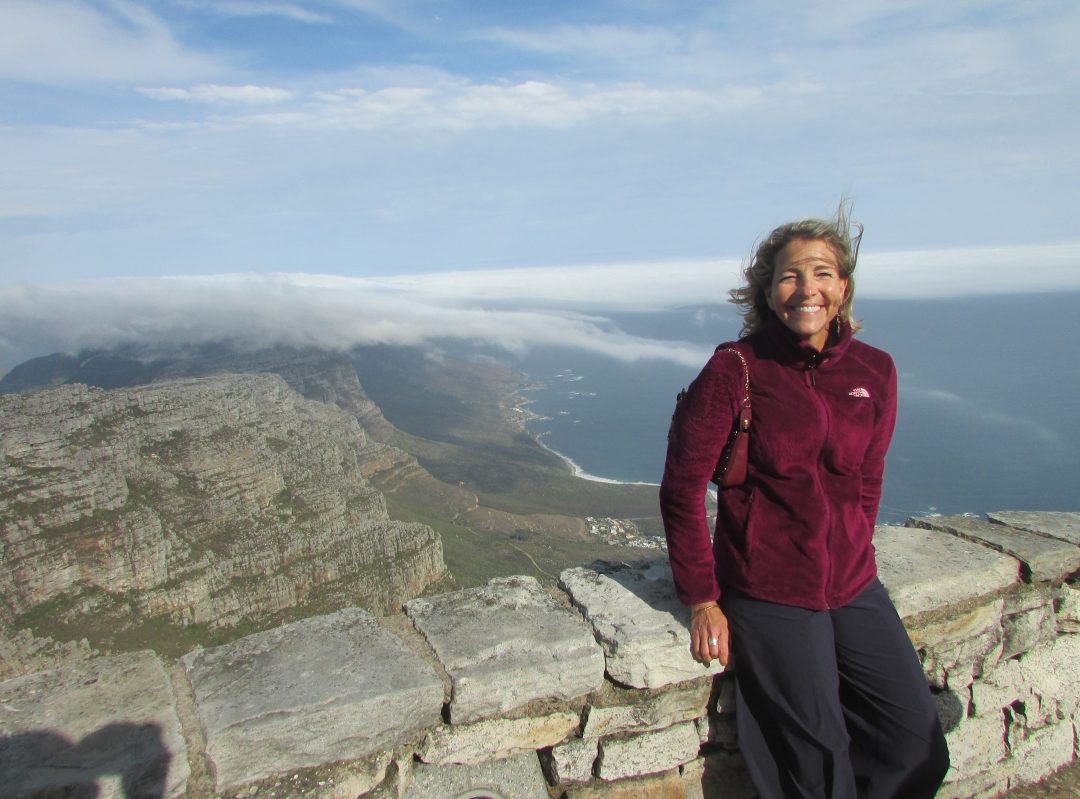I’m a huge fan of Atul Gawande. I first discovered him in The New Yorker, where he is a regular contributor, and then I read his books: Complications, Better, and The Checklist Manifesto. [I just saw he has a new one out, too: Being Mortal: Medicine and What Happens in the End–I just put that in my Amazon cart!]. He’s a doctor and a professor–and a very accomplished one–but he also is a great writer, and he writes very compellingly about the place where the capabilities and possibilities of the medical profession and our expectations about that profession meet and break down. He is painfully honest about what medicine and doctors can and can’t do, and how hard it is for people to face those limitations–as well as their own.
I read this article by Gawande in The New York Times the other day, and I wanted to share it: The Best Possible Day. In this piece, he talks about dying–how hard it is to discuss, how hard it is for the medical profession to face and accept, and how we aren’t having the kinds of conversations about death and dying we need to be having: as families, as a society, and as health care professionals.
In the course of the article, Gawande suggests four questions that can unlock “transformative possibilities” for both the patient and his/her family. They are as follows:
(1) What is their understanding of their health or condition? (2) What are their goals if their health worsens? (3) What are their fears? and (4) What are the trade-offs they are willing to make and not willing to make?
He notes that asking these questions–and taking seriously the answers–enables the person to exercise agency and give voice to what matters most to her, and helps those who love her best care for and support her; and, in the end, give her as many of “the best possible days” as she is able to have.
I’ve been thinking about death more than I usually do because of the class I’m teaching, which is about salvation, but very broadly understood: I see it as an arc that includes life, life after life, and also death: what I mean is that I think death is a part of Christian salvation, not a break in the salvation experience–not an interruption to it. So, as Christians, I would argue that we’re called to think much more deeply and explicitly about what dying means for us, how we are called to die, and how we are called to walk with the dying and their families. I’m particularly troubled by the “fight” metaphor that seems to characterize so much of the medical experience with serious illness: you have to “fight” it and not “surrender” or “give up;” you don’t want to let it “win.” I think that mentality creates a lose/lose situation that minimalizes options and takes away individual freedom and creative choices that fall outside the “fight or give up” paradigm.
Death is a part of what it means to live, and all life is predicated on death in one way or another. We can’t avoid it, and while I’m not saying we have to embrace it, I do think we can accept it with more grace, love and hope than we typically do. We sing of “sister death” in St. Francis’ “Canticle of the Sun:” what would it mean to take that metaphor more seriously?

Are you following this story? http://www.startribune.com/lifestyle/health/278622871.html
LikeLike
I hadn't seen that, Caitlin–thanks for sharing. It sounds to me like she is making a considered decision that her family supports.
LikeLike